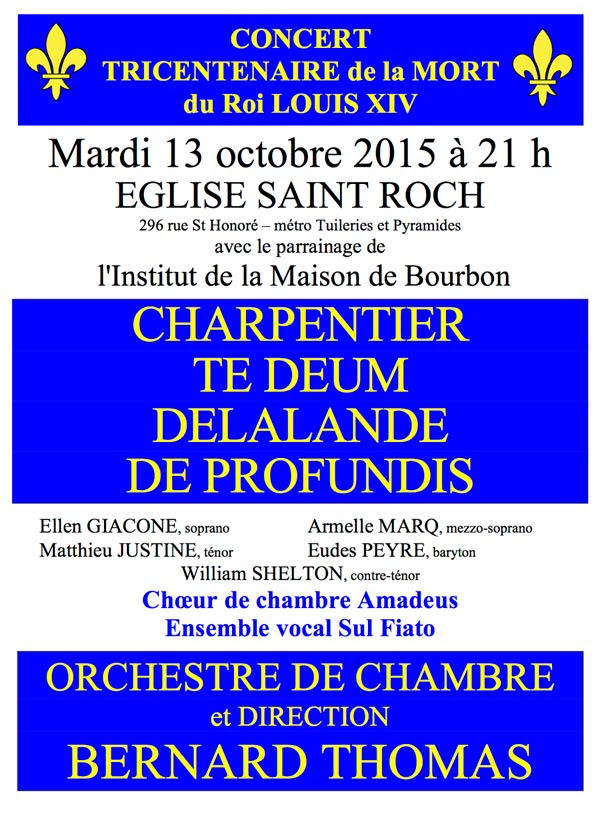The Synod on the Family and Contraception
BY STEVEN JONATHAN RUMMELSBURG
The devastating aftermath of proliferating contraception use on the family is not easily noticed and it is much denied by modern minds untethered from common sense reality.
The Synods on the family were called in 2014 to answer the exigent questions surrounding the breakdown of the family and how the Church might better minister to the flock considering the immense confusion and disorder most families face in the modern world. The XIV General Assembly of the Synod of Bishops will take place from October 4-25, 2015, in Vatican City.
The stark matter of fact is that we are suffering grave confusion concerning the nature of the family and many of the crises we face in the modern world stem from the contraceptive mentality. So transformative is the sound bite culture propagated by the media image that the causes of our problems concerning the family have been obscured by rights ideologies and ubiquitous false teaching.
The new global culture’s definition of the family seems to evolve with every season and this is contrasted by the understanding of Holy Mother Church who holds only one permanent and unchanging definition of the family. The contraceptive mindset erodes the truth about the authentic nature of the family as the domestic church. Holy Mother Church calls us to order our families by conforming to the mind of Christ embodied by the Holy Family. The world calls us away from this vision by the enticements of false promises of freedom. The chaos that has ensued has been immense.
The Roots of the Contraceptive Mindset
Concerning one of the root cause of our current family crisis, we must take a closer look at the contraceptive mind set. Satan’s best work in this licentious age, after he separated rights from duties by the spirit of rebellious revolution, was to separate the marital act from its primary end of procreation. The secondary end of the marital act inside the bonds of marriage is the consummating truth that the two become one unified flesh by sacramental grace. It happens to be a tertiary artifact of the marital act that it is pleasurable as well, and if this pleasure is ordered to flow from the self-donating act of man and wife open to life, it is an edifying fruit of married life.
The false notion that the marital act is not primarily for procreation and unity, but principally for pleasure is a root cause of much confusion and the ground upon which the contraceptive mentality is established. People who commit the marital act or any other sexual act outside the bonds of sacramental marriage and ignore its primary ends are not self-donating but using another person in the quest for self-gratification. This violates eternal, divine and natural law. Conventional law increasingly contravenes and contradicts divine and natural law by instituting laws grounded in sexual license that promote contraception use and sexual activity outside of marriage.
The Protestant Rebellion against the Sacrament of Marriage
The Protestant Reformation planted the seed of the contraceptive mentality when it denied the sacramental and permanent nature of marriage. The Protestant thinking was that marriage was man’s invention and this served King Henry VIII well enough to consider that tearing asunder his marriage to Catherine of Aragon was only tearing asunder what man had joined, not what God had joined.
The idea that Holy Matrimony is not a sacrament was the initial deviation that laid the groundwork for the confusion that plagues the modern family today. Several hundred years of slow but steady disintegration of the true nature of marriage led to the disintegration of an understanding of the marital act as well. In the Protestant churches, this culminated in the pronouncement at the Lambeth Conference in 1930 that contraception was permissible. However, there were still those Protestants who saw the danger in the new approbation.
The Bishop of Oxford Charles Gore wrote a warning in 1930. He was aghast that the latest Lambeth Conference had overturned the prohibition against contraception. He opined that the conference ruling may fail to meet every abnormal case, yet nonetheless, he considered it a grave concern that the practice of contraception could become widespread because it is so hostile to the family. Bishop Gore issued an “utter an emphatic warning against the use of unnatural means for the avoidance of conception, together with the grave dangers—physical, moral, and religious—thereby incurred, and against the evils with which the extension of such use threatens the race.” His warning was dire and exigent, but largely ignored and all but forgotten today.
.............
Read more: catholicexchange.com



